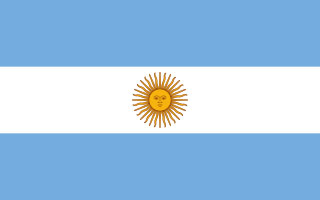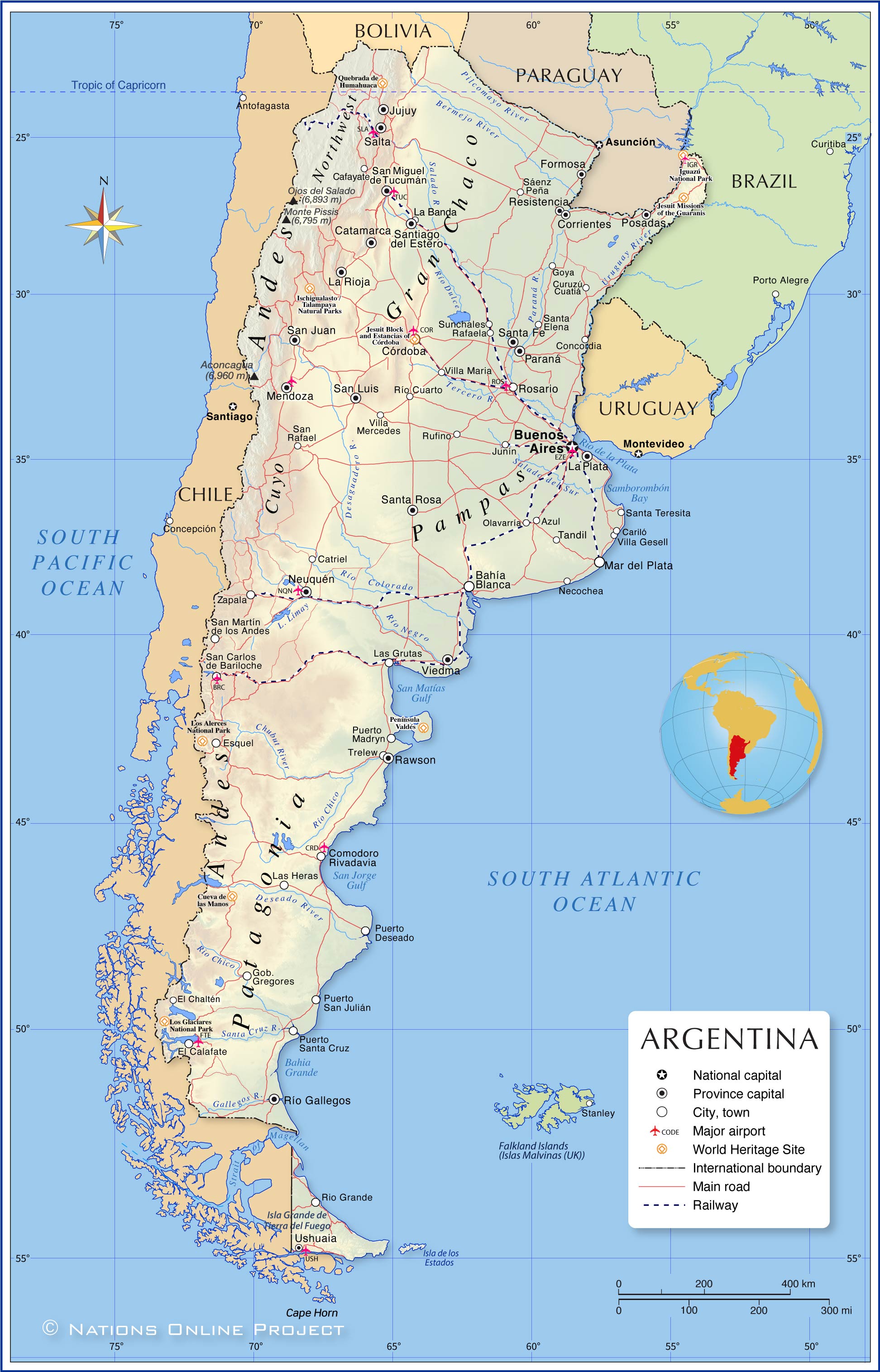
CN 24/7 (Canal de Noticias 24/7) is a news channel, broadcasts Neuquen City, province of Neuquen, Argentina, started in October 2014 belongs to Prima Multimedios.
CN 24/7 Programming
Monday to Friday
06:00 a 07:00 La Primerisima
07:00 a 10:00 La Primera Mañana, con Agustin Amado y Fernanda del Valle
10:00 a 12:00 Así Estamos, Con Claude Staicos, Rubén Boggi, Lucy Pysny, y Lucas Marinelli
12:30 a 14:00 Noticiero Central – Primera Edición, con Alejandro Contreras
14:00 a 16:00 Tardes de Primera, con Huguex Cabrera
16:00 a 18:00 Mejor de Tarde, con Fernando Castro y Carmen San Martín
18:00 a 20:00 Grito Sagrado, Con Darío Tamborindegui, Hugo Amaolo y Carolina Pinto
20:00 a 21:00 Noticiero Central – Segunda Edición
21:00 a 23:00 Programas Especiales
Saturday
06:00 a 10:00 Entre Espuelas y Guitarras, con Juan Rubilar
10:00 a 12:00 Pórtense Bien, con Rubén Boggi
12:00 a 13:00 El amor es más fuerte, Con Alfredo Amado, Mirta Acaten y Matías Larriesta
12:00 a 13:00 Esa es otra historia, Con Rodrigo Tarruella
Sunday
06:00 a 11:00 Entre Espuelas y Guitarras, con Juan Rubilar
11:00 a 12:00 La Misa
12:00 a 13:00 Mejor Energía TV, con Fernando Castro
Especial Day
21:00 – Lunes, Lo mejor de Mitre Patagonia, con Claude Staicos, Rubén Boggi, Lucy Pysny, y Lucas Marinelli
21:00 – Martes, Panorama, con Agustín Amado
21:00 – Miércoles, Mejor Energía TV, con Fernando Castro
21:00 – Jueves, Que se escuche, ATEN.
21:00 – Viernes, Así son las Noches, con Huguex Cabrera
CN 24/7 Social Links
Website Facebook Twitter Instagram YouTubeCN 24/7 Weather, Neuquen, Argentina
CN 24/7 RSS Latest News
-
Zona Franca: Crearán una bolsa de trabajo
by Ramiro Garaffa on 13 May, 2024 at 9:44 am
<div xmlns="http://www.w3.org/1999/xhtml">Se generarán puestos de trabajo para maestranza, oficinistas, operarios, seguridad y otros puestos de trabajo.<br /></div> <div xmlns="http://www.w3.org/1999/xhtml"> <img src="https://www.mejorinformado.com/u/fotografias/m/2024/5/13/f300x190-163609_171769_5050.jpg" /></div>
-
Aumentó el boleto de KoKo y el tramo mínimo pasó a $1.000
by Fabian Rossi on 13 May, 2024 at 7:45 am
<div xmlns="http://www.w3.org/1999/xhtml">A su vez, el recorrido más largo, que es de Cipolletti a Villa Regina, costará más de $4.000.<br /></div> <div xmlns="http://www.w3.org/1999/xhtml"> <img src="https://www.mejorinformado.com/u/fotografias/m/2024/5/13/f300x190-163596_171756_5050.jpg" /></div>
-
Jubilados del ISSN cobran hoy el aumento por IPC
by Mejor Informado on 13 May, 2024 at 7:30 am
<div xmlns="http://www.w3.org/1999/xhtml">El aumento también abarca a pensionados y retirados del ISSN. <br /></div> <div xmlns="http://www.w3.org/1999/xhtml"> <img src="https://www.mejorinformado.com/u/fotografias/m/2024/5/13/f300x190-163594_171754_5050.jpg" /></div>
-
Boti no aparece: hay recompensa y analizan sumar drones
by Redacción Mejor Informado on 12 May, 2024 at 6:59 pm
<div xmlns="http://www.w3.org/1999/xhtml">El cachorro viajó desde Buenos Aires con su familia y está perdido en Neuquén desde el jueves. El pronóstico del tiempo no es favorable para él.<br /></div> <div xmlns="http://www.w3.org/1999/xhtml"> <img src="https://www.mejorinformado.com/u/fotografias/m/2024/5/10/f300x190-163433_171593_4534.jpg" /></div>
-
Neuquén quiere administrar las rutas nacionales en sus territorios
by Redacción Mejor Informado on 12 May, 2024 at 6:04 pm
<div xmlns="http://www.w3.org/1999/xhtml">Así lo plantearán al Gobierno Nacional junto a Río Negro, ante la falta de mantenimiento de caminos de responsabilidad federal. Se busca cobrar peaje <br /></div> <div xmlns="http://www.w3.org/1999/xhtml"> <img src="https://www.mejorinformado.com/u/fotografias/m/2024/5/12/f300x190-163576_171736_5050.jpeg" /></div>
-
Descubriendo los tesoros geológicos de Andacollo
by Redacción Mejor Informado on 12 May, 2024 at 4:57 pm
<div xmlns="http://www.w3.org/1999/xhtml">Una experiencia única para apreciar fósiles y aprender sobre la conservación del patrimonio geológico en la región.<br /></div> <div xmlns="http://www.w3.org/1999/xhtml"> <img src="https://www.mejorinformado.com/u/fotografias/m/2024/5/10/f300x190-163387_171547_5050.png" /></div>
-
Búsqueda en Valle Medio: se cumple una semana, sin avances
by Fabian Rossi on 12 May, 2024 at 1:53 pm
<div xmlns="http://www.w3.org/1999/xhtml">Este domingo continúan los rastrillajes en toda la zona para dar con Gladys Rodicio<br /></div> <div xmlns="http://www.w3.org/1999/xhtml"> <img src="https://www.mejorinformado.com/u/fotografias/m/2024/5/12/f300x190-163568_171728_5050.jpg" /></div>
-
Parrilli de Baires a Neuquén, en Flybondi
by Gloria Díaz on 12 May, 2024 at 1:48 pm
<div xmlns="http://www.w3.org/1999/xhtml">El senador y hombre de confianza de Cristina Kirchner viajó en la low cost. Quienes lo reconocieron expresaron su sorpresa <br /></div> <div xmlns="http://www.w3.org/1999/xhtml"> <img src="https://www.mejorinformado.com/u/fotografias/m/2024/5/12/f300x190-163571_171731_5050.jpeg" /></div>
-
Recomendaciones por alerta amarillo en la región
by Mejor Informado on 12 May, 2024 at 1:08 pm
<div xmlns="http://www.w3.org/1999/xhtml">El Servicio Meteorológico Nacional emitió una alerta amarilla por lluvias fuertes para este domingo 12 de mayo.<br /></div> <div xmlns="http://www.w3.org/1999/xhtml"> <img src="https://www.mejorinformado.com/u/fotografias/m/2023/8/21/f300x190-143979_152139_5050.jpg" /></div>
-
Hoy termina la Fiesta Nacional del Chef Patagónico y se sortea la 4x4
by Redacción Mejor Informado on 12 May, 2024 at 12:44 pm
<div xmlns="http://www.w3.org/1999/xhtml">Desde este mediodía comienza la última jornada del evento gastronómico en Villa Pehuenia. Los detalles acá.<br /></div> <div xmlns="http://www.w3.org/1999/xhtml"> <img src="https://www.mejorinformado.com/u/fotografias/m/2024/5/12/f300x190-163562_171722_5247.jpg" /></div>
-
Weretilneck busca cobrar peaje a todas las rutas rionegrinas
by Fabian Rossi on 12 May, 2024 at 12:21 pm
<div xmlns="http://www.w3.org/1999/xhtml">Motos y vehículos particulares deberán pagar el costo de un litro de gasoil para circular.<br /></div> <div xmlns="http://www.w3.org/1999/xhtml"> <img src="https://www.mejorinformado.com/u/fotografias/m/2024/5/12/f300x190-163558_171718_4042.jpg" /></div>
-
Dolor en la comunidad por la muerte de Marcelo Piñeiro
by Redacción Mejor Informado on 12 May, 2024 at 9:23 am
<div xmlns="http://www.w3.org/1999/xhtml">El músico neuquino, cantor, compositor, director, falleció este domingo por la mañana.<br /></div> <div xmlns="http://www.w3.org/1999/xhtml"> <img src="https://www.mejorinformado.com/u/fotografias/m/2024/5/12/f300x190-163543_171703_4729.jpg" /></div>




